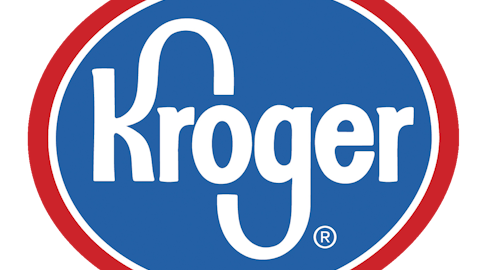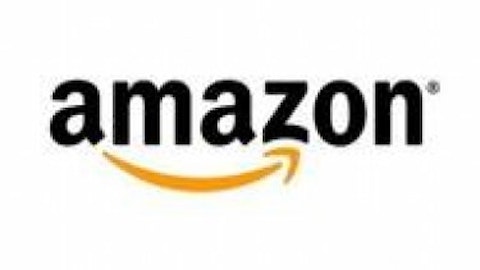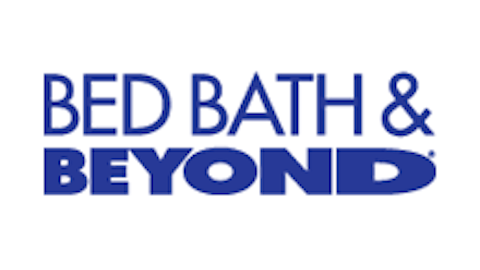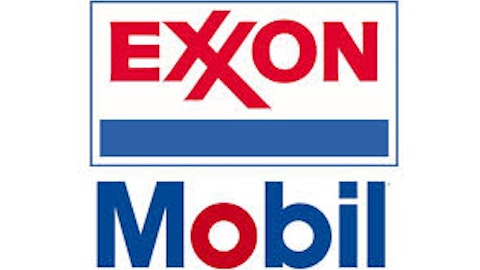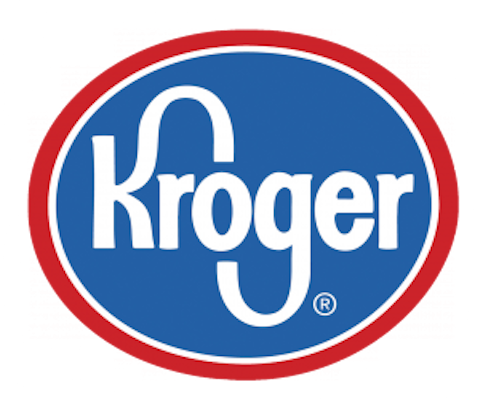
Recently, even the more stable multi-department stores are taking this option as they see their domestic market near its maturity level. Entering new markets can be a way to increase revenues. On July 9, The Kroger Co. (NYSE:KR) acquired Harris Teeter Supermarkets Inc (NYSE:HTSI), after paying 1.8% premium, in order to increase its U.S. market share.
Will the acquisition of Harris Teeter add accretive value to Kroger?
Let’s take a closer look at Kroger’s recent acquisition of Harris Teeter and try to analyze if it is a wise long-term investment or not.
The purchase of Harris Teeter will increase The Kroger Co. (NYSE:KR)’s market presence in the southeast and mid-Atlantic zones, with a corresponding base of 212 stores in these regions. This effectively adds 10% to Kroger’s store count. The company will serve the customers of three additional U.S. states, now catering to a total of 34 states. The stores are mainly positioned in high-growth markets, vacation spots and university communities in North Carolina, Virginia, Delaware, Florida, etc.
With the ability of Harris Teeter Supermarkets Inc (NYSE:HTSI) to generate high operating margins, the added stores are expected to be an attractive acquisition. The deal is based on exploiting synergies mostly from cost savings due to the expanded scale of operations. The Kroger Co. (NYSE:KR) expects to materialize cost savings of roughly $40 million-$50 million per year over the period of upcoming three to four years. Kroger has also achieved synergy goals it claimed in the past as well.
The acquisition was purely funded by raising debt. This quickly triggers the question of increased financial risk of the company. However, The Kroger Co. (NYSE:KR) plans to continue distributing quarterly dividends and pursue its share-repurchase program even afterwards. The company intends to utilize the increased free cash flow resulting from cost savings to pay off the leverage raised for this transaction. Although the debt-to-EBITDA ratio will rise as the deal finalizes, Kroger has a plan in place to restore debt to EBITDA back to 2.00-2.20 over the next 1.5-2 years. Kroger is determined to preserve its present investment-grade credit score.
The Kroger Co. (NYSE:KR) says the acquisition will increase EPS, ranging between $0.06 to $0.09 in the upcoming year, after assigning some cash for principal reduction. The acquirer expects to sustain its present 8-11% growth in EPS over the longer term, backed by its higher earnings base.
What are the other players in the industry up to?
Conventional grocery stores confront increasing competition from wholesale retailers like Wal-Mart Stores, Inc. (NYSE:WMT)
Wal-Mart has started off to convert its discount stores into supercenters, with the introduction of groceries being the unique factor. Similar to other grocery stores, Wal-Mart is now providing fuel as well. These actions have resulted in Wal-Mart Stores, Inc. (NYSE:WMT) being able to add stores in the U.S. without reporting a decline in revenue generated per store.
